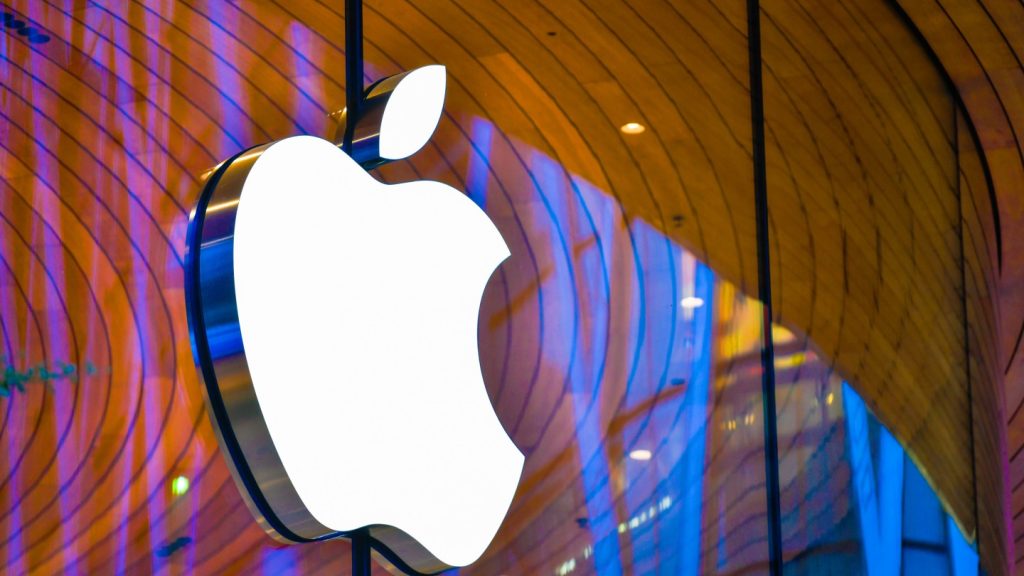The creation of the Digital Markets Unit (DMU) is the UK’s first attempt to regulate those tech giants that use their dominance over digital services to stifle competition. The initiative comes in response to an investigation launched in 2019 by the Competition Market Authority (CMA) into UK online advertising. Despite vagueness around the new internet watchdog’s powers, the CMA review clearly identifies the main cause of entrenched market power: Facebook and Google‘s ad-funded business models.
The core of the regulation will be an enforceable code of conduct to be applied to online platforms with so-called strategic market status. While it’s still not clear what this will cover, the CMA recommendations focus on the digital advertising market. This is a duopoly led by Google and Facebook. Between them, they accounted for 80% of the £14bn spent on digital ads in the UK in 2019. Several characteristics contribute to the unchallenged leadership these platforms enjoy and prevent the entry and expansion of smaller players, including strong network effects and the unequal access to user data.
How digital duopoly has stifled competition
Ad-funded platforms rely on huge data reservoirs that their competitors cannot match. The convenience of a technology or service increases with the number of users that adopt it. Companies like Facebook and Google use their role as platforms and their control over data to lock in their customers.
These network externalities favour a reduced number of players, as the ones best placed to ensure this level of convenience to users. Most people are not likely to join a specific social media platform unless a sizable number of the people they communicate with are already using it. User data is extremely valuable to advertisers and publishers. The CMA report found that, in 2019, UK publishers earned around 70% less revenue when they were unable to sell personalised advertising but competed with others who could.
DMU may target consumer control
When it comes to the remedies that the new regulator could implement, the CMA report provides extremely useful guidance. Data-related remedies are key, reflecting the fundamental role that data plays in digital platforms’ business models, especially those funded by digital advertising.
Ensuring greater consumer’s control over data is a priority, and the CMA recommends that the DMU require platforms to give users the choice of not sharing their data for personalised advertising.
How well do you really know your competitors?
Access the most comprehensive Company Profiles on the market, powered by GlobalData. Save hours of research. Gain competitive edge.

Thank you!
Your download email will arrive shortly
Not ready to buy yet? Download a free sample
We are confident about the unique quality of our Company Profiles. However, we want you to make the most beneficial decision for your business, so we offer a free sample that you can download by submitting the below form
By GlobalDataAnother proposed intervention is mandating interoperability. Following the example of open banking, companies would be required to hand over personal data to competitors, without the user losing what they have built up on a platform. For instance, the CMA has suggested that Google could be required to share detailed information with competitors, such as Bing, about users’ search and browsing history. These measures echo an approach taken by the European Commission on antitrust matters, which looks at promoting interoperability of data, as opposed to pursuing the breakup of a company.
Data monopoly is a world wide issue
The UK government’s initiative aligns with a renewed interest across the world in tackling antitrust issues in the digital era. The Department of Justice (DoJ) antitrust lawsuit against Google, announced in October 2020, is a watershed moment for Big Tech antitrust regulation. It shows an unprecedented consensus on both sides of the Atlantic in favour of tackling data monopolies.
For the first time, Chinese regulators are also taking steps towards curbing tech giants’ monopolistic powers. In 2020 they drafted antitrust rules that sent the share prices of companies such as Alibaba, Tencent, and food delivery giant Meituan tumbling. Regulators worldwide have long debated the best way to regulate the internet. The next few years might see the enforcement of the first antitrust laws on Big Tech companies.








Related Company Profiles
Google LLC
Tencent Holdings Ltd
Meta Platforms Inc